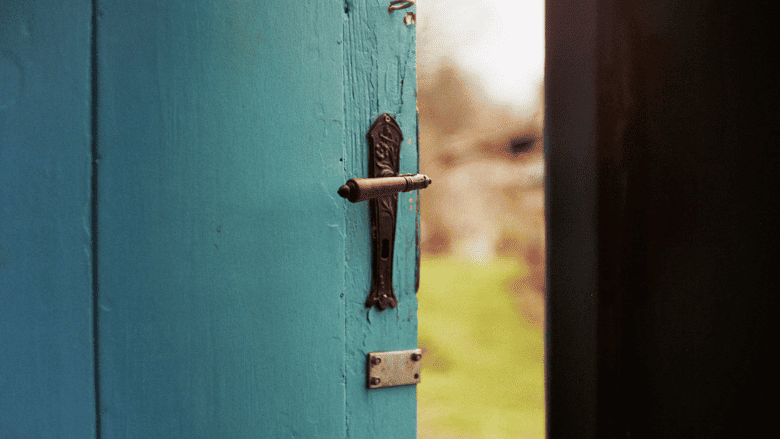
Photo Credit Jan Tinneberg Unsplash
By Holly Gustafson
It’s confirmation season in the diocese – we here at Christ the King just had over 90 kids (!) receive their first Communion and the sacrament of confirmation in mid-May, and there are only a few more confirmation Masses to take place around the diocese over the next few weeks. Then we sacrament coordinators will all take a collective breath and pause until we begin with a fresh batch of kids and families next year.
At Christ the King, in order to manage the preparation of three sacraments over a single year, we break our sessions down into three modules – in October and November, the kids prepare for their first confession, which happens during Advent in December; in January and February, we learn about the Eucharist, which leads us into Lent and our big Stations of the Cross event in March, and then in April and May, we focus on confirmation. We use a program that combines a variety of different activities (games, skits, crafts, videos, and small group discussion), but one thing we focus on for each sacrament is hands-on practice, so that before the kids receive each sacrament, they’ve rehearsed it a few times, and have a pretty good idea of what it will look like. For first reconciliation, the children and their parents run through a mock confession with made-up sins (anything from “I disobeyed my mom” to “I lied to my friends and told them I have superpowers”), taking turns playing the role of the confessor. While preparing for first Communion, the children practice receiving the Eucharist, making a “throne” with their hands in which Jesus will be placed, and rehearsing saying a clear “Amen,” (not “thank you,” as we often hear!). These are the easier sacraments to grasp, and to re-enact, and it’s clear to the kids what’s happening (or as clear as the mystery of the sacraments can be) – I’m telling my sins and being forgiven; I’m receiving the Eucharist, which is Jesus.
When it comes to our final sessions on confirmation, and I ask the kids “Who can tell me what the sacrament of confirmation is?,” I usually get a room full of silent faces looking back at me, whereas for confession and communion, I’d at least get a few reasonably close responses. Our confirmation lessons include an animated video on the day of Pentecost, a skit complete with fans and flames, and a candy-infused activity on the seven gifts of the Holy Spirit (Smarties represent the gift of knowledge, of course), all of which I hope will give the kids some idea, however vague, of Who this third person of the Trinity is, and what this somewhat elusive sacrament is all about.
And then, of course, it comes time to practice, and the kids take their little prompt cards and repeat the words they will ultimately say at their confirmation: “I, so-and-so, wish to be confirmed.” And it is perhaps the practicing of this single line, this expression of their desire – and their consent – to be confirmed, more so than the videos and skits and candy, that reveal to the children what the sacrament is all about. “Confirmation is an invitation,” says Father Steve, to the kids gathered around his feet during our last session, “it’s a time for you to invite the Holy Spirit into your lives, even in the smallest way. And if you do make that invitation, and open the door to the Holy Spirit even just a little bit, you will be changed.”
The Holy Spirit doesn’t require much of us, as the sacrament of confirmation shows. A wish, a hope, a desire, however small, to be changed. A single sentence, the tiniest opening – just a crack – of the door to our hearts, the faintest belief that we can maybe possibly miraculously be renewed, is all the Holy Spirit needs to make all things new within us.

Holly Gustafson lives with her husband, James, and four of their five children, in Regina; they attend Christ the King Parish, where Holly works as the sacrament coordinator. Holly teaches linguistics at First Nations University, and pursues her love of the art of language through public speaking, writing, journaling, and calligraphy. The best advice she ever received was from her spiritual bestie, St. Faustina, who told her that when in doubt, “Always ask Love. It advises best.“

